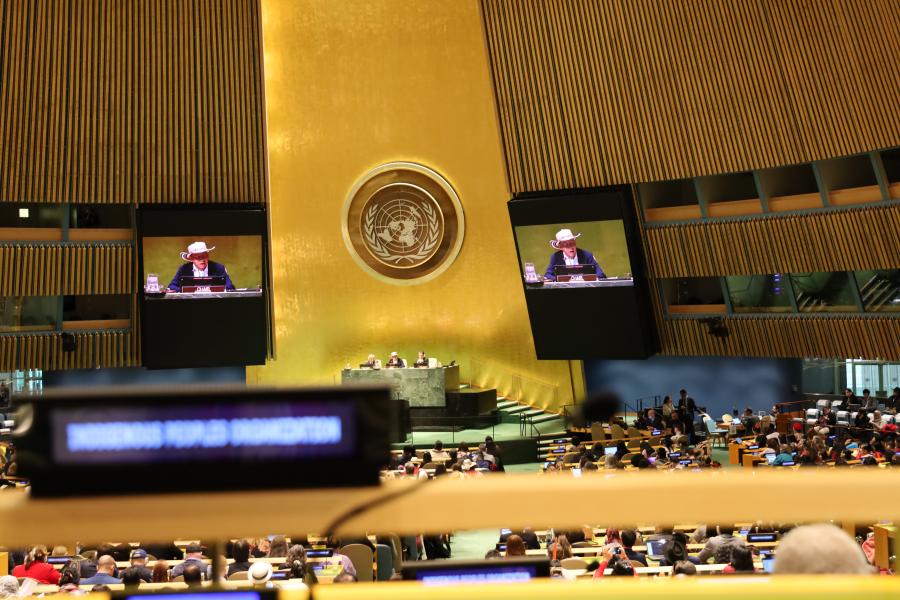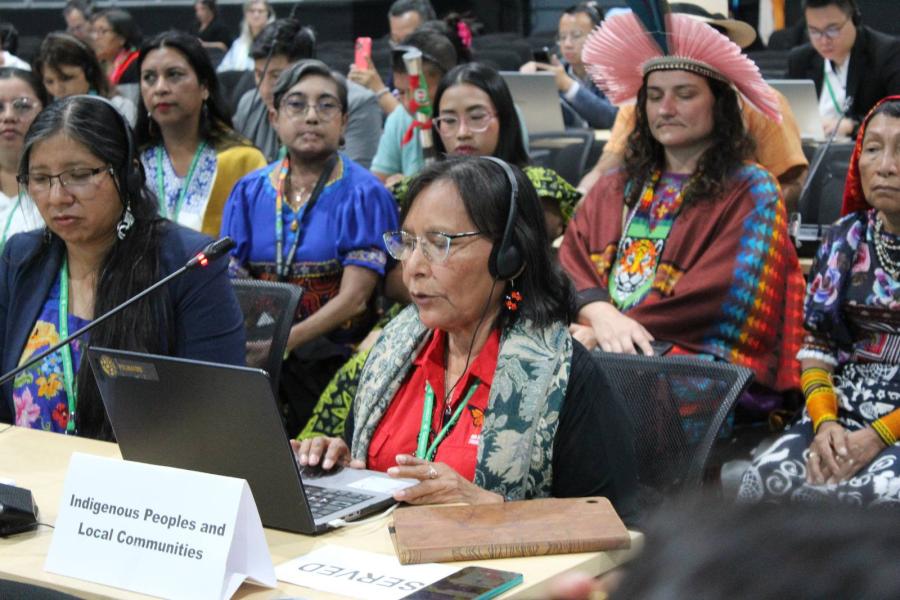This book contains papers read at a conference: "Pastoralists and Markets: The Articulation of Pastoralism with the Nineteenth Century World Economy," held in 1987. The book was published in 1994; on wonders why it took so long. Oh well, since it deals with the nineteenth century no times has been lost. In the introduction the editors remark that "these inhabitants of mountain and desert wastelands continue to be viewed as among the most geographically, economically, and politically peripheral of peoples... The lives of modern pastoralists everywhere are in crisis..."
But just who are these pastoralists? The editors devote a section to the "Problem of Definition," pointing out that anthropologists have quarreled about typologies of subsistence and production, for years, without coming to an agreement, so the editors classify pastoralists as "those who keep herd animals and who define themselves and are defined by others as pastoralists". However, on the whole each paper writer has his own definition which may differ slightly or considerably from the editors". No light is shed on anything by this typologizing, and one wonders why anthropologists continue to indulge. Perhaps a simple financial concept would do: people who make 50% or more of their income from raising animals. I can hear the objections: this does not describe the crucial cultural differences of people who follow herds; or that many sedentary crop-raisers also earn most of their income from animals; etc.
Like all such symposia, the book lacks focus and general findings. It is divided into three parts: Pastoralists and the International Wool Trade; Pastoralists as Rural Proletarians; and Pastoralists at the Periphery of the World Market. Periphery of the World Market. These categories are not based on a conceptual division of the subject matter: they seem simply to be a way to group contributed papers. The papers are relatively brief, most of them anecdotal and descriptive, with little or no theoretical and comparative analysis. One would have liked to see an attempt to compare the engagement of pastoralists (who ever they are) with external economies in the nineteenth century and in the present. I would venture that pastoralists, except for a few lost, benighted groups, have always been involved in external economies, and the old typologies that viewed them as something apart and outside the "world economy" were always incomplete. The idea was stimulated by culture concepts that viewed nomadic life as divorced from the rest of humanity. So, "Pastoralists on the Periphery?" Not from the stand point of many economic systems. Article copyright Cultural Survival, Inc.



